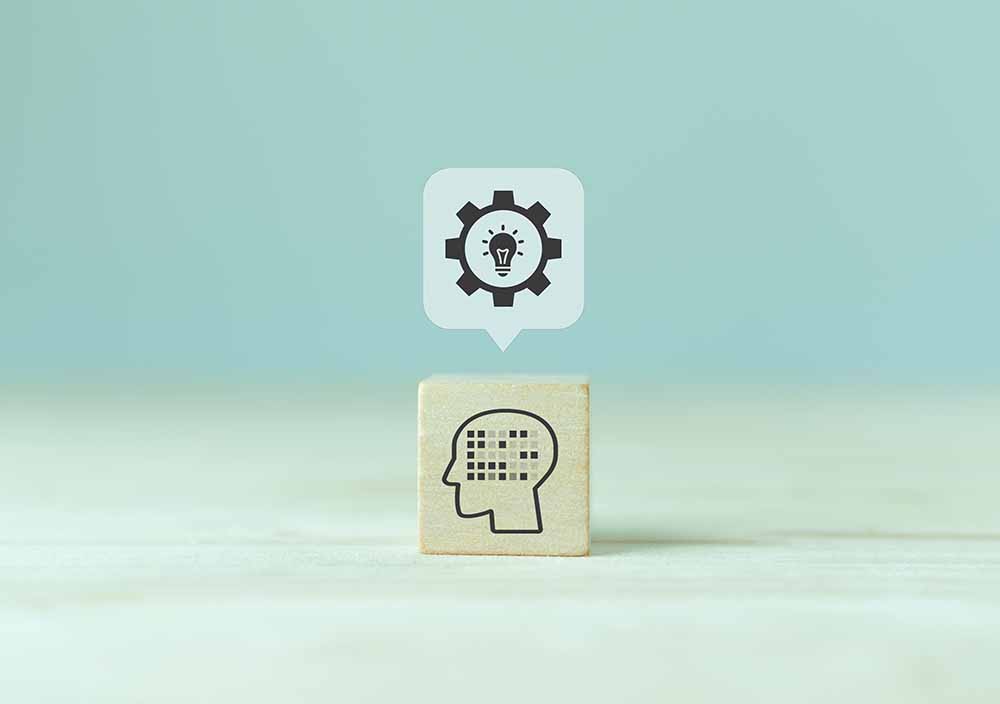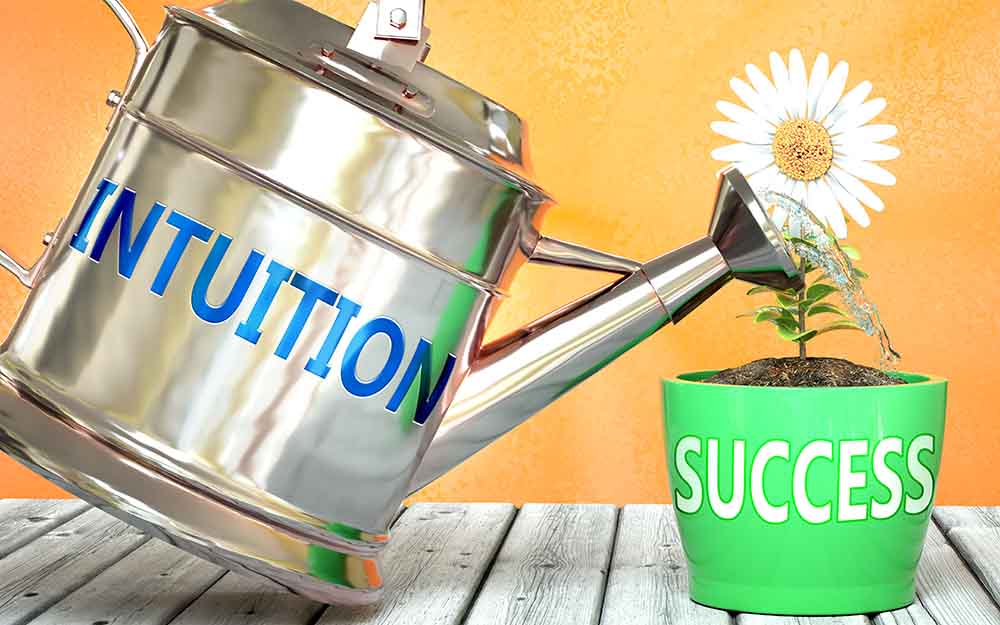When you’re at a crossroads- maybe a big career decision or an important personal choice- and logic seems to say one thing, but your gut says another. How do you know if that pull in your stomach is genuine intuition or just anxiety and overthinking? We spoke to Preeti D’mello, a leadership development expert and intuitive intelligence practitioner who draws from corporate boardrooms and quantum physics to help untangle this mental knot.
D'mello’s academic background spans positive psychology, organisational development, and coaching. She holds advanced degrees and certifications in Positive Organisation Development, Process-oriented Psychology, Emotional Intelligence, and Coaching Psychology from leading global institutions.
First, what is intuition?
According to D’mello, intuition is not flaky. ‘It’s fundamental,’ she says. With over 35 years of experience across leadership roles, she’s seen firsthand how the most impactful choices often come from what she calls ‘non-local awareness’, the kind of invisible knowing that data can’t quite pin down. ‘It's an intuitive pull that gets you to pause, at the very least, think about it. What's really happening is this,’ she adds.

Image used for representational purposes only.
‘One pivotal moment stands out for me where all the measurable metrics were pointing in a certain direction, which was the spreadsheets, the market analysis, the team capacity, everything was logical,’ D’mello explains. This made her pause and, contrary to the numbers, made her take the other route. ‘Three months later, there was a major market shift, and if I had gone in the direction of that expansion, it would have destroyed the work I was doing at that time. So the intuitive knowing in that moment not only saved us from a significant setback, but also productive energy to what became successful eventually,’ she says. Many experts may agree. Intuition is often described as a fast, unconscious form of knowledge, like a hunch or ‘sixth sense’ you can’t fully explain. It’s often called an inner wisdom that alerts us when something is out of sync.
So, what should one depend on, intuition or logic? ‘You need both,’ says D’mello, ‘It's not one vis-a-vis the other. But what to leverage when and listen to both voices.’
The gut vs. the grind: How to tell intuition apart from anxiety
This is where things get tricky. Anxiety is a master of disguise. ‘Anxiety can start masquerading as intuition,’ Preeti warns. ‘It’s guiding your behaviours and your thinking.’ Anxiety can make you think you're listening to your gut when, in fact, you’re reacting from stress.

Image used for representational purposes only.
So, how do you tell one from the other? Preeti offers a checklist:
Expansion vs. Contraction: Intuition feels like space, calm, clarity. Anxiety feels like tightness and panic.
Breath: Is your breathing deep and steady? That’s intuition. Shallow and rushed? Likely anxiety.
Location: Intuition often resonates between the heart and gut. Anxiety lives in the head and floods downward.
Higher purpose: Intuition tends to align with your values and purpose. Anxiety disconnects you from it.
Think of it like this: anxiety is noisy and urgent. Intuition is quiet but clear.
Gender and Intuition
While intuition is a human capacity available to all, the way women and men engage with it can vary, often due to social conditioning more than biology.
According to D’mello, women often access intuition through the body or emotional resonance, while men tend to trust it in more high-stakes or tactical contexts, like risk-taking or quick decision-making. Women may experience intuition more like a feeling. The reason? ‘Women typically have more what we call an active insular,’ points out D’mello. Active insular refers to a higher number of inner body events. For men, on the other hand, intuition may look more like an ‘aha’ moment. ‘Men experience intuition as sudden clarity, or what we call a quantum jump,’ adds D’mello.
In a nutshell, we all have intuition. But the feminine expression of it is more relational; it emerges in connection, in silence, in sensing. The masculine is often more directional- a felt clarity of ‘this is the way’.
Why we Overthink and how to Quiet the Mental Chaos
Overthinking is our brain’s attempt to protect us. But ironically, the more we try to think it through, the further we move from our inner compass.

Image used for representational purposes only.
D’mello points out how the current state of the world feeds this noise. We’re overstimulated, anxious, and disconnected from ourselves. That’s why intentional pauses are vital.
Her suggestions for reconnecting with your intuitive self.
Grounding: Literally. Stand barefoot on grass or earth for 30 minutes. ‘The earth’s electromagnetic field heals our system,’ she says.
Nature therapy: Even a view of trees or water can regulate your nervous system.
Heart coherence: A daily pause to sync your brain and heart through breathwork, music, or just silence.
Journaling: Writing isn’t just for thoughts. It bridges logic and intuition.
Delay your response: If you feel a pressure to ‘decide now,’ pause. Ask yourself, ‘What am I really reacting to?’
So, while the inner voice exists in everyone, the way we listen to it might just be gendered, and that awareness could be the first step to balancing both head and heart.
Can your intuition be wrong?
Short answer: Yes. But that’s not a reason to ignore it.
‘Learning how to hone our intuition is a matter of building a muscle. It's a practice, and that practice allows us to come to a point where we feel confident of our intuition,’ says D’mello.
So, when should you trust your gut?
When your mind is quiet, and the signal feels calm, not chaotic.
When your breath feels deeper, and your body feels more at ease.
When the choice aligns with your values, even if it doesn’t make perfect sense on paper.
As Einstein said: ‘The intuitive mind is a sacred gift and the rational mind is a faithful servant.’
In the end, the goal isn’t to choose between intuition and intellect. It’s to learn when to let each take the lead.
So the next time you're spiralling in indecision, remember: sometimes the answer isn’t in thinking more, it's in listening better.